Basic Concepts in Medicinal Chemistry (EPUB)
| Publisher |
Other Publisher |
|---|---|
| Language |
English |
| Edition |
1st |
| Format |
Publisher PDF |
| ISBN 13 |
9781585282661 |
- Best Price Guaranteed
- Best Version Available
- Free Pre‑Purchase Consultation
- Immediate Access After Purchase
$22.60
Categories: Basic SciencesBiochemistryChemistry
Basic Concepts in Medicinal Chemistry (EPUB)
Medicinal chemistry is a multifaceted subject that delves into the intricate molecular interactions of drugs. Basic Concepts in Medicinal Chemistry, authored by Mark W. Harrold, Robin M. Zavod, and the American Society Of Health-System Pharmacists Staff, takes a comprehensive yet accessible approach to elucidating the foundational principles that underpin the field of medicinal chemistry and elucidates the crucial role these principles play in guiding therapeutic decisions.
The book adopts a lucid and engaging narrative style, focusing on elucidating the fundamental concepts that govern medicinal chemistry and illustrating why these concepts are indispensable in the realm of therapeutics. It underscores the importance of functional group analysis and provides a solid grounding in the rudiments of drug structure evaluation.
Readers are systematically guided through the process of identifying and evaluating the organic functional groups that constitute the architecture of a drug molecule and exploring how these groups impact critical factors such as solubility, absorption, acid/base properties, binding interactions, and stereochemical configuration. Furthermore, the book delves into the Phase I and Phase II metabolic transformations associated with each functional group, shedding light on their biochemical significance.
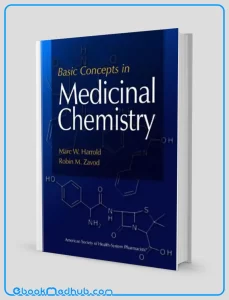
Basic Concepts in Medicinal Chemistry (EPUB)
Noteworthy aspects of this book include in-depth discussions on the roles and characteristics of organic functional groups, with a specific focus on discerning acidic and basic functional groups.
Moreover, readers are equipped with the essential skills to tackle problems related to pH, pKa, ionization phenomena, salts, solubility, drug-receptor interactions, stereochemistry considerations, and drug metabolism intricacies. The inclusion of numerous illustrative examples and detailed explanations for intricate concepts enhances the reader’s comprehension and retention of the material.
By integrating therapeutic examples that underscore the relevance of medicinal chemistry in pharmacy and healthcare settings, the book bridges the gap between theoretical knowledge and practical application.
Furthermore, the text provides a comprehensive overview of structure-activity relationships (SARs) and the fundamental principles that govern the design of pharmacologically active compounds.
To reinforce learning, each chapter is supplemented with review questions and practice problems that enable readers to assess their grasp of the material, with answers conveniently located in the appendix.
Whether embarking on a healthcare-related educational journey or seeking to refresh one’s understanding of organic chemistry principles, this book serves as a valuable companion that navigates readers through the intricate landscape of medicinal chemistry.

Basic Concepts in Medicinal Chemistry (EPUB)
Key Features
“Basic Concepts in Medicinal Chemistry (EPUB)” encompasses several key features that contribute to its value in the field. Firstly, the book adopts an accessible style that is characterized by its easy-to-follow and conversational tone. This approach serves to simplify complex medicinal chemistry concepts, thus enhancing the readability and comprehension for a wide range of readers.
By focusing on fundamentals, the text delves into essential concepts that form the foundation of medicinal chemistry, underscoring their significance in making informed therapeutic decisions. An important aspect highlighted in the book is the analysis of organic functional groups and their pivotal roles in drug molecules.
This analysis includes a discussion on how these groups influence various properties such as solubility, absorption, acid/base behavior, binding interactions, and stereochemistry.
Moreover, the book provides a detailed exploration of drug structure evaluation, equipping readers with the necessary tools to systematically assess drug structures.
This enables a deeper understanding of the fundamental principles that underlie medicinal chemistry practices. Additionally, the text covers metabolic transformations, shedding light on Phase I and Phase II metabolic processes associated with different functional groups.

Basic Concepts in Medicinal Chemistry (EPUB)
This discussion offers valuable insights into how drugs undergo metabolism within the human body. Complex topics like pH, pKa, and ionization are elucidated in a manner that is not only comprehensive but also easily digestible. This approach empowers readers to tackle related problems with confidence and clarity.
Furthermore, the book integrates real-world therapeutic examples throughout its content, demonstrating the practical application of medicinal chemistry concepts in pharmacy and healthcare settings.
It also delves into the realm of Structure-Activity Relationships (SARs), providing readers with an overview of the principles governing drug design and the correlation between molecular structure and pharmacological activity. To aid in the reinforcement of learning, each chapter is equipped with review questions and practice problems.
These resources are designed to help readers solidify their understanding of the material presented. Additionally, the book includes answers to these questions in an appendix, offering a comprehensive learning experience for readers.

Basic Concepts in Medicinal Chemistry (EPUB)
This website offers ( Basic Concepts in Medicinal Chemistry (EPUB) ) with just a few clicks.
The website strives to provide you with simple access to the medical field as well as readily available information that you can download.
You can download all of the books at a reasonable price and get the most recent scientific data in the world of medicine anytime you want at ebookmedhub.com.
Other Products :
Clinical Pharmacokinetics and Pharmacodynamics Concepts and Applications 4th Edition (EPUB)
Cardiovascular Pharmacotherapeutics Abridged and Updated 3rd Edition
Biochemistry 8th Edition (Campbell) (Original PDF from Publisher)
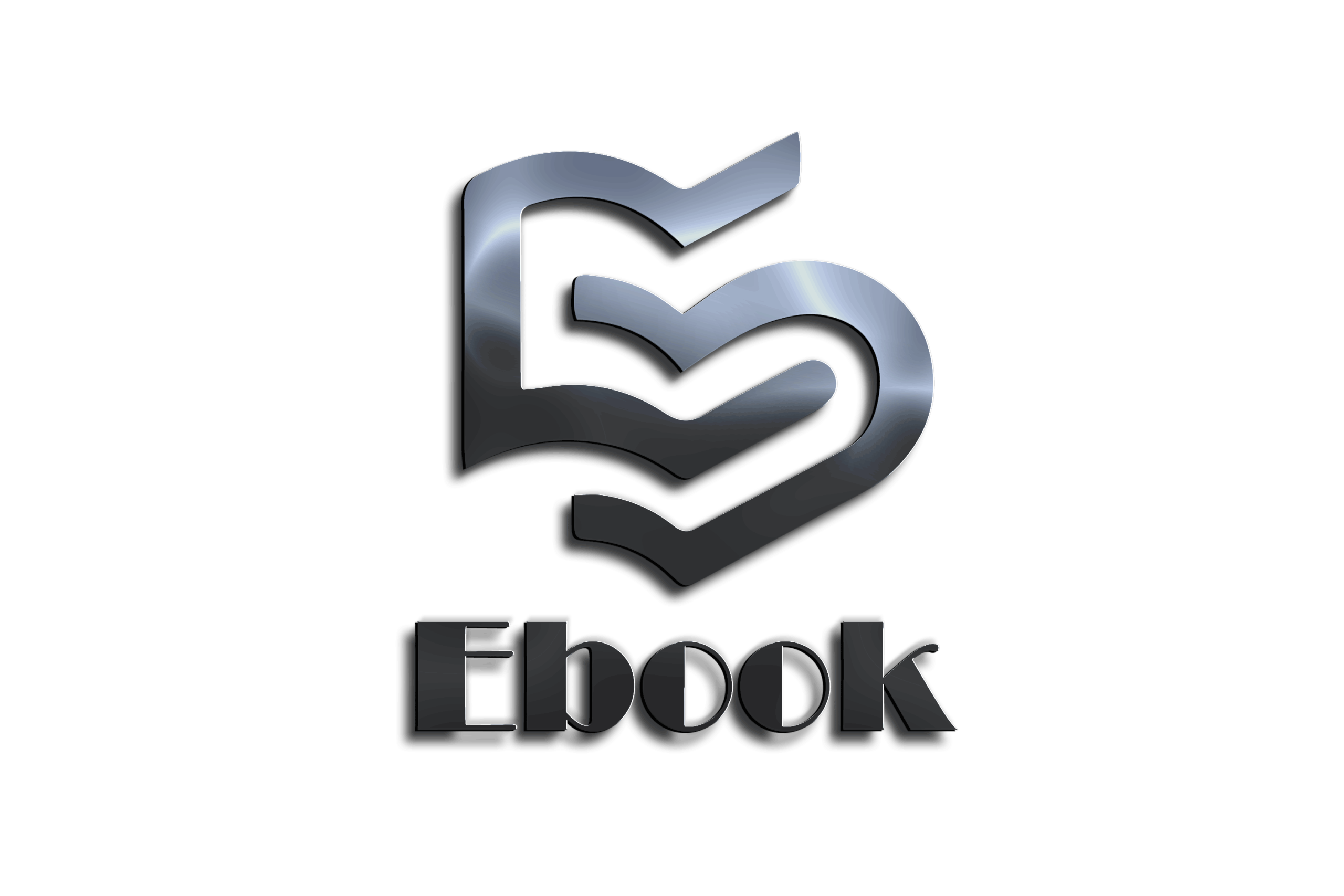
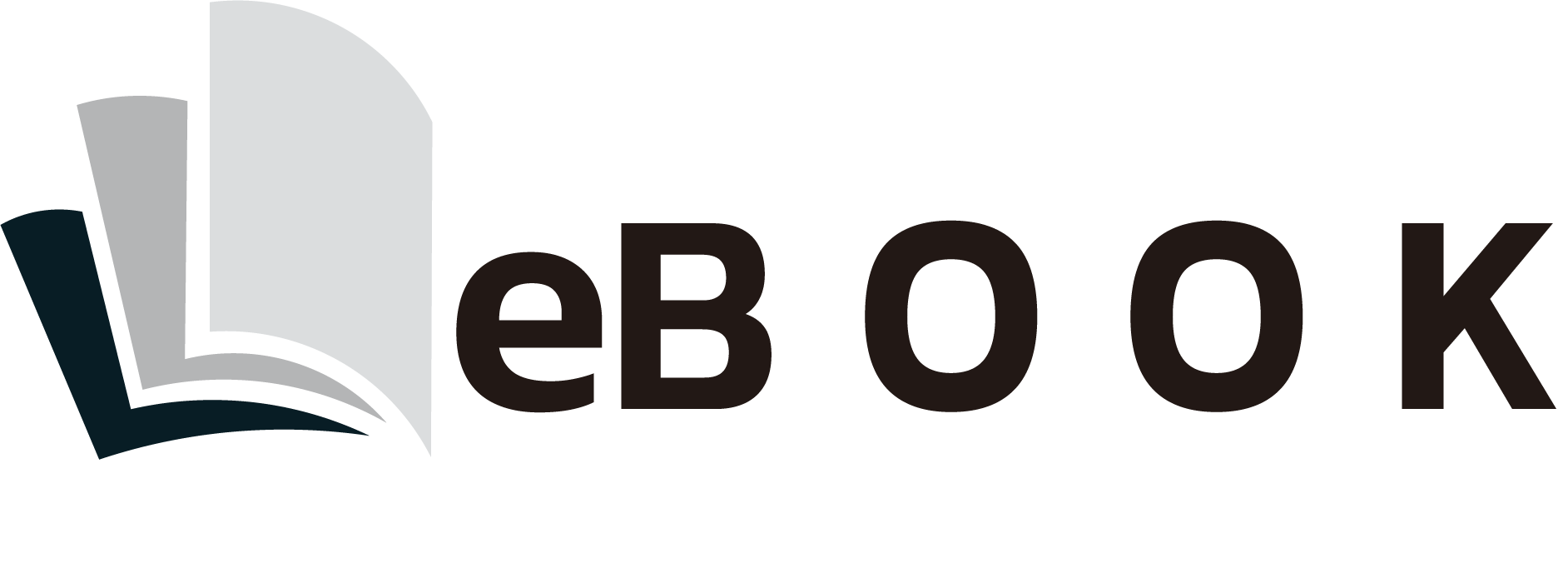

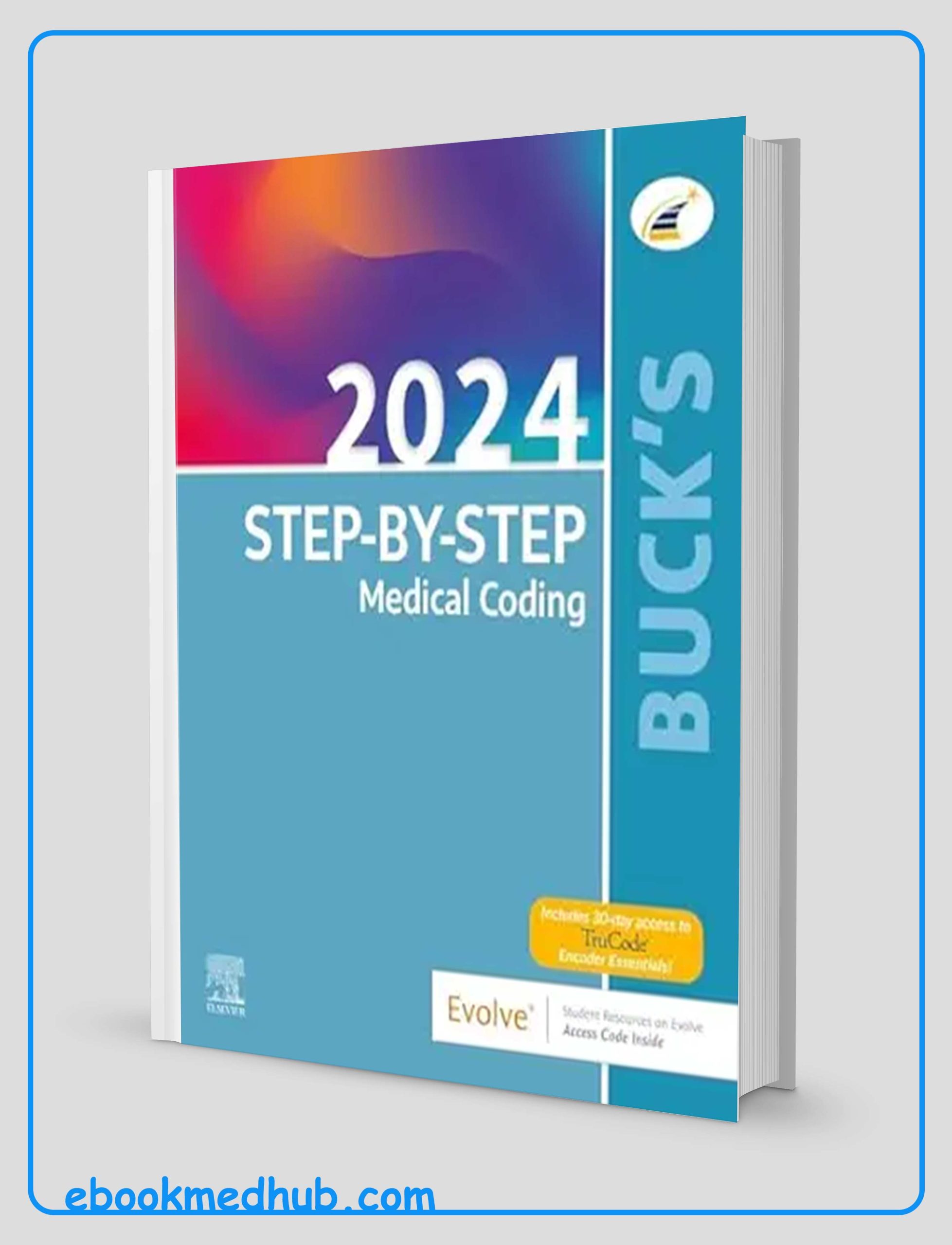




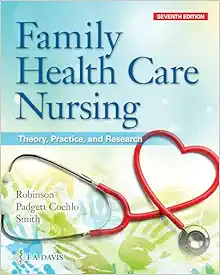
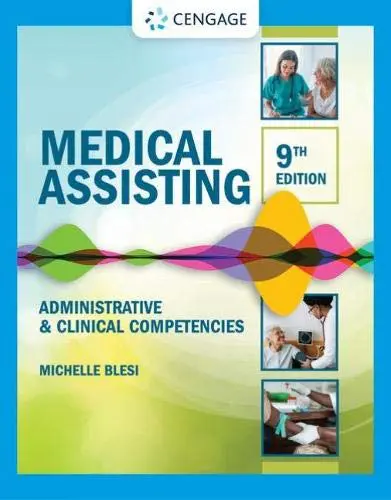

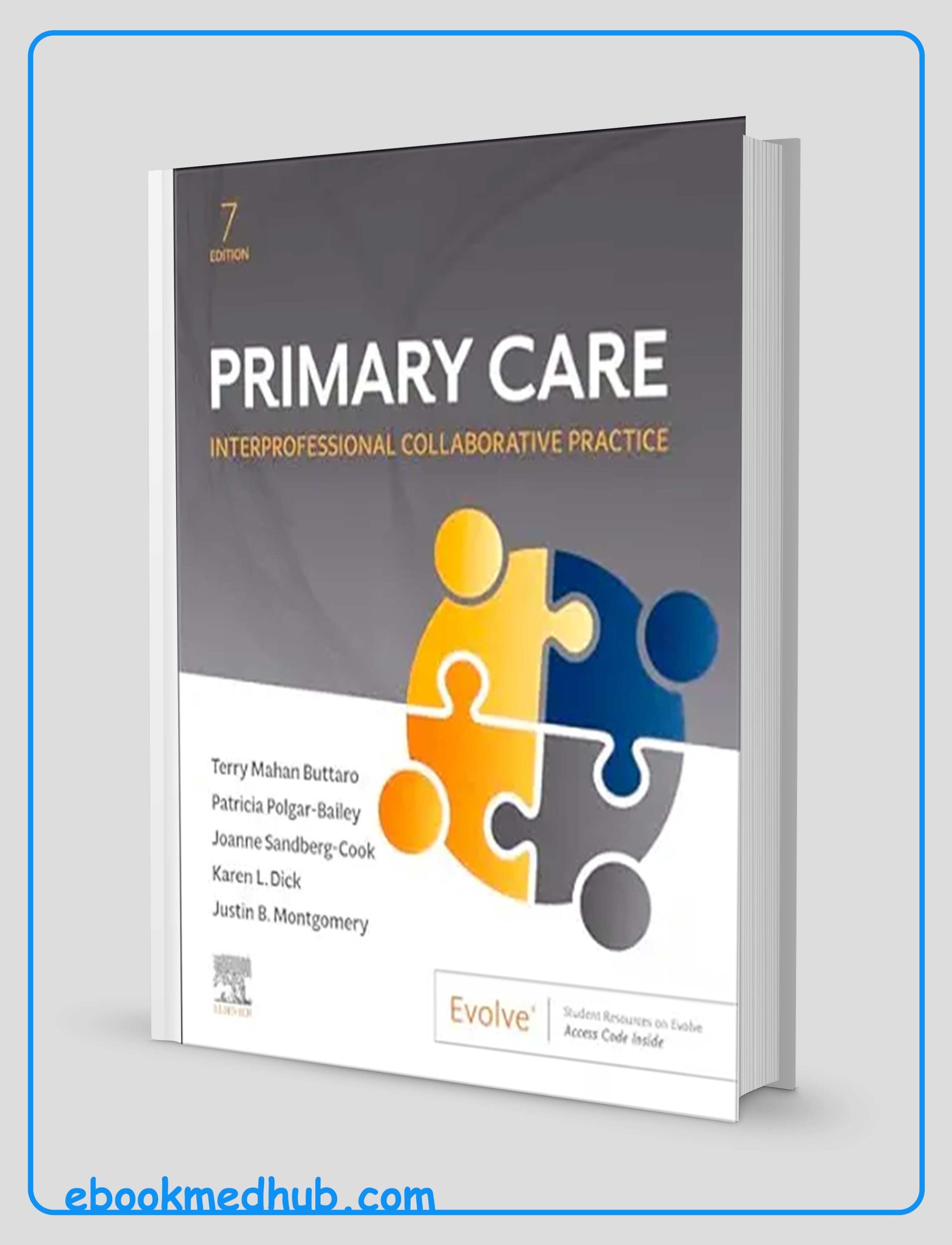
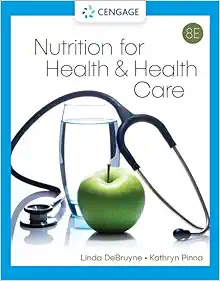




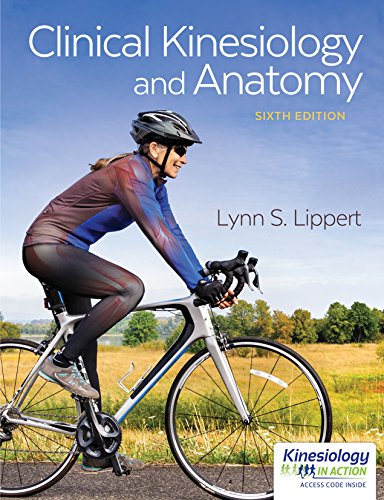

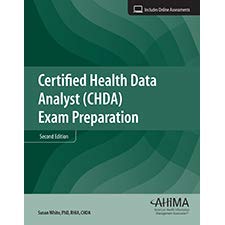
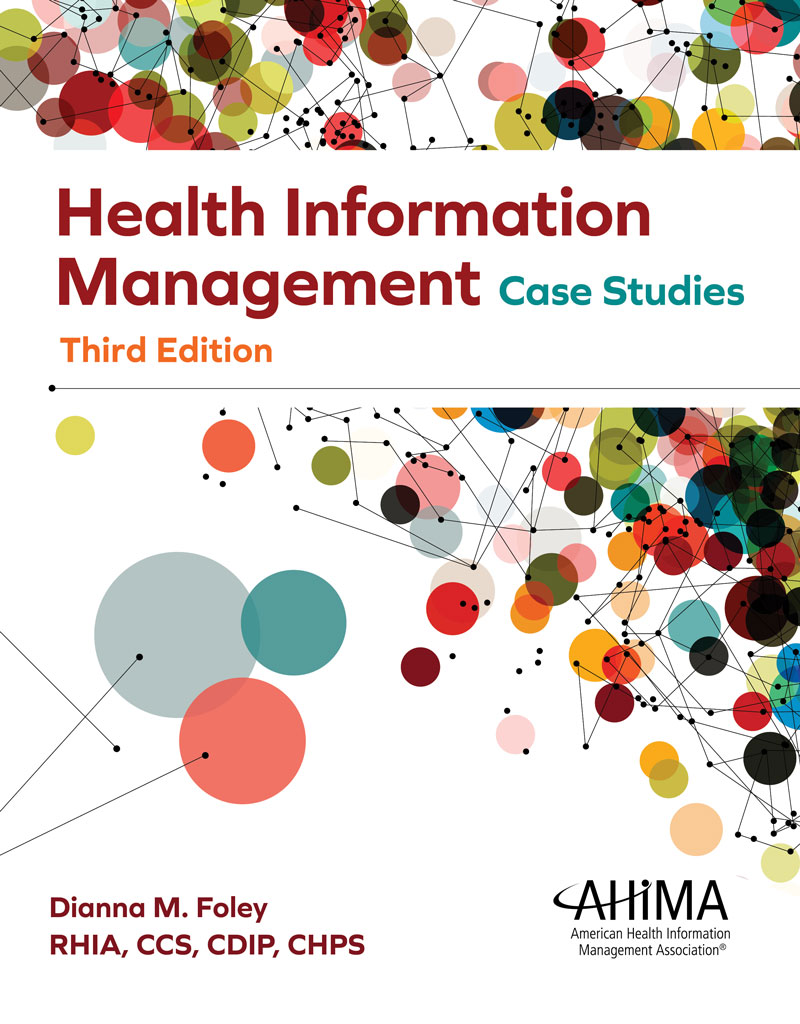

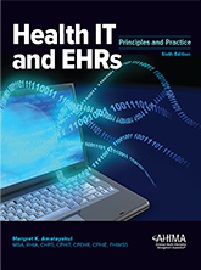
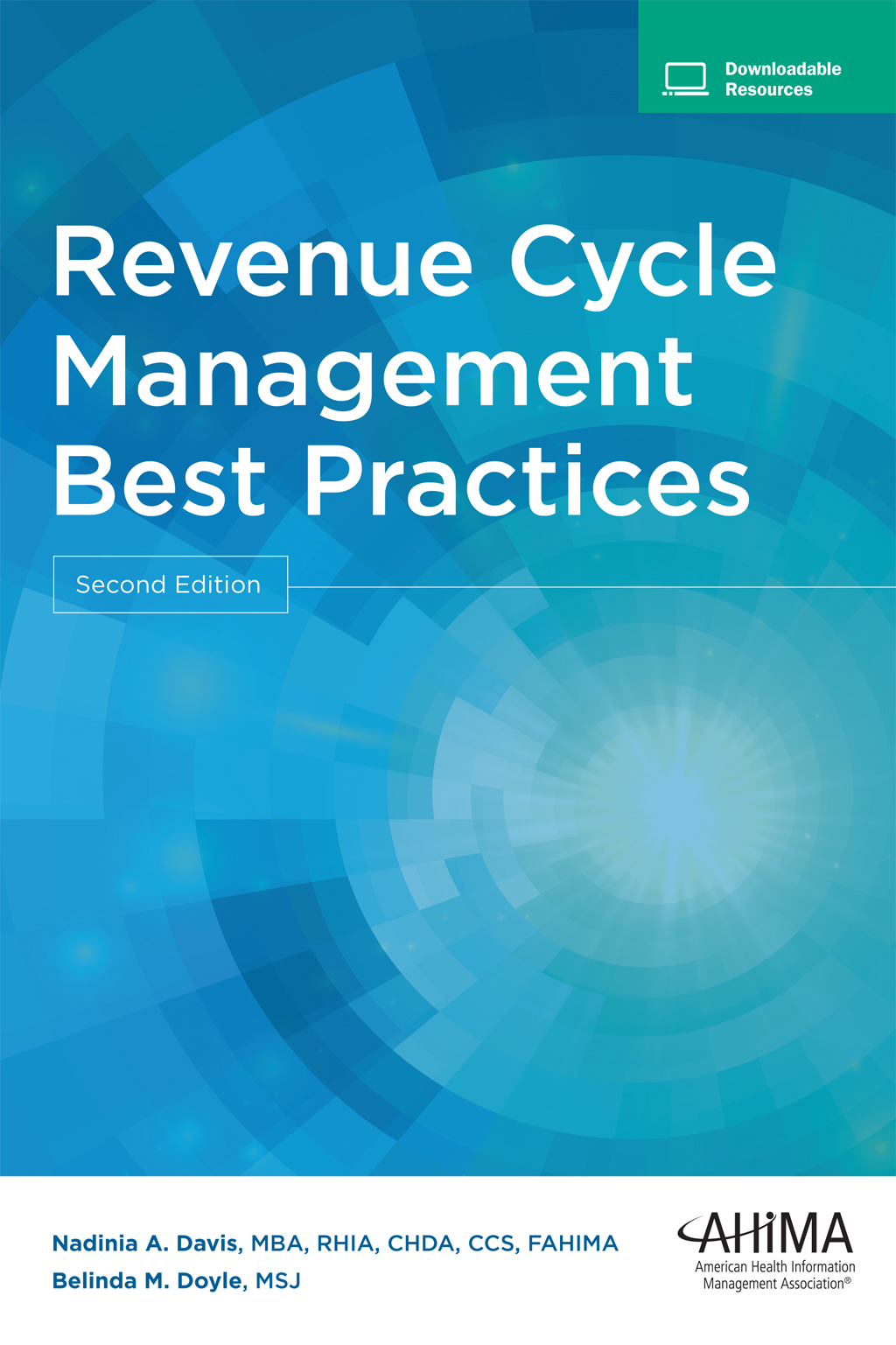
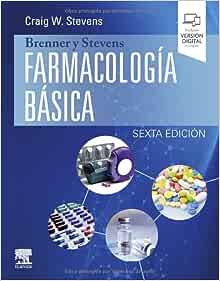
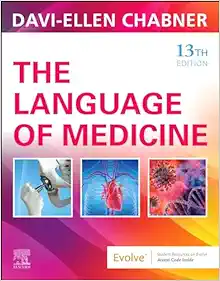
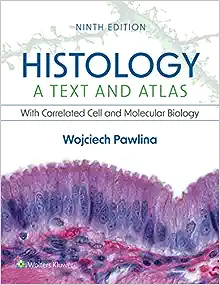
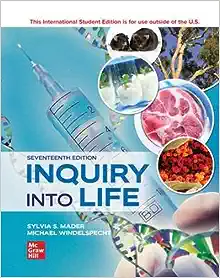

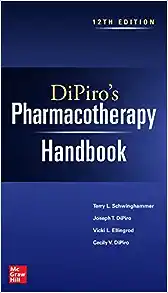
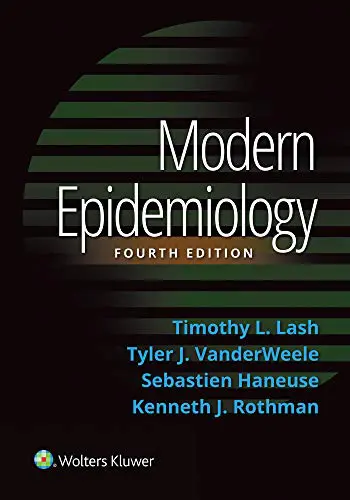




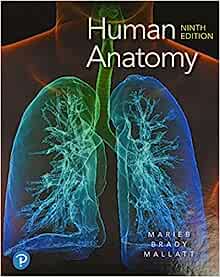
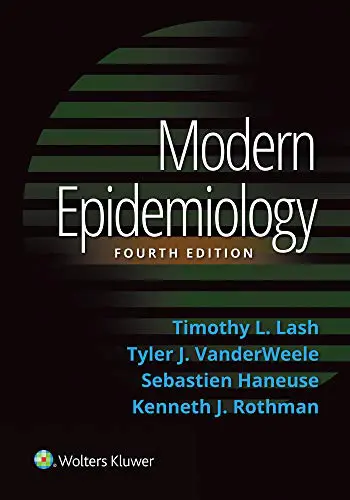
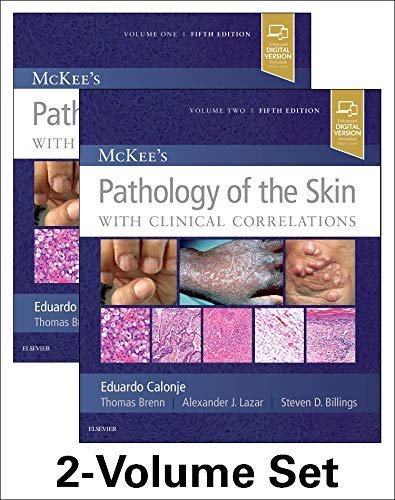
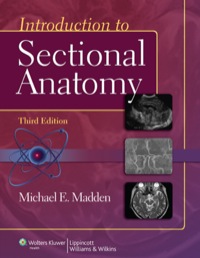
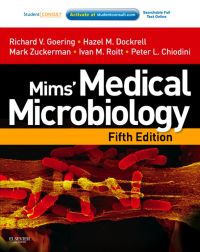

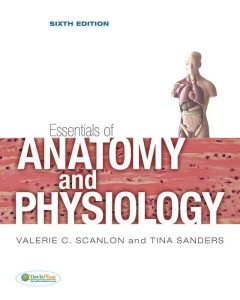

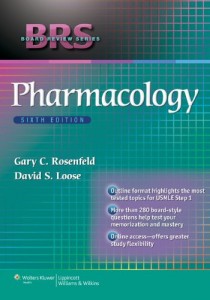
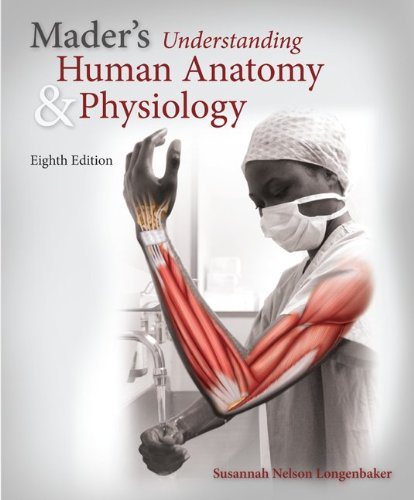
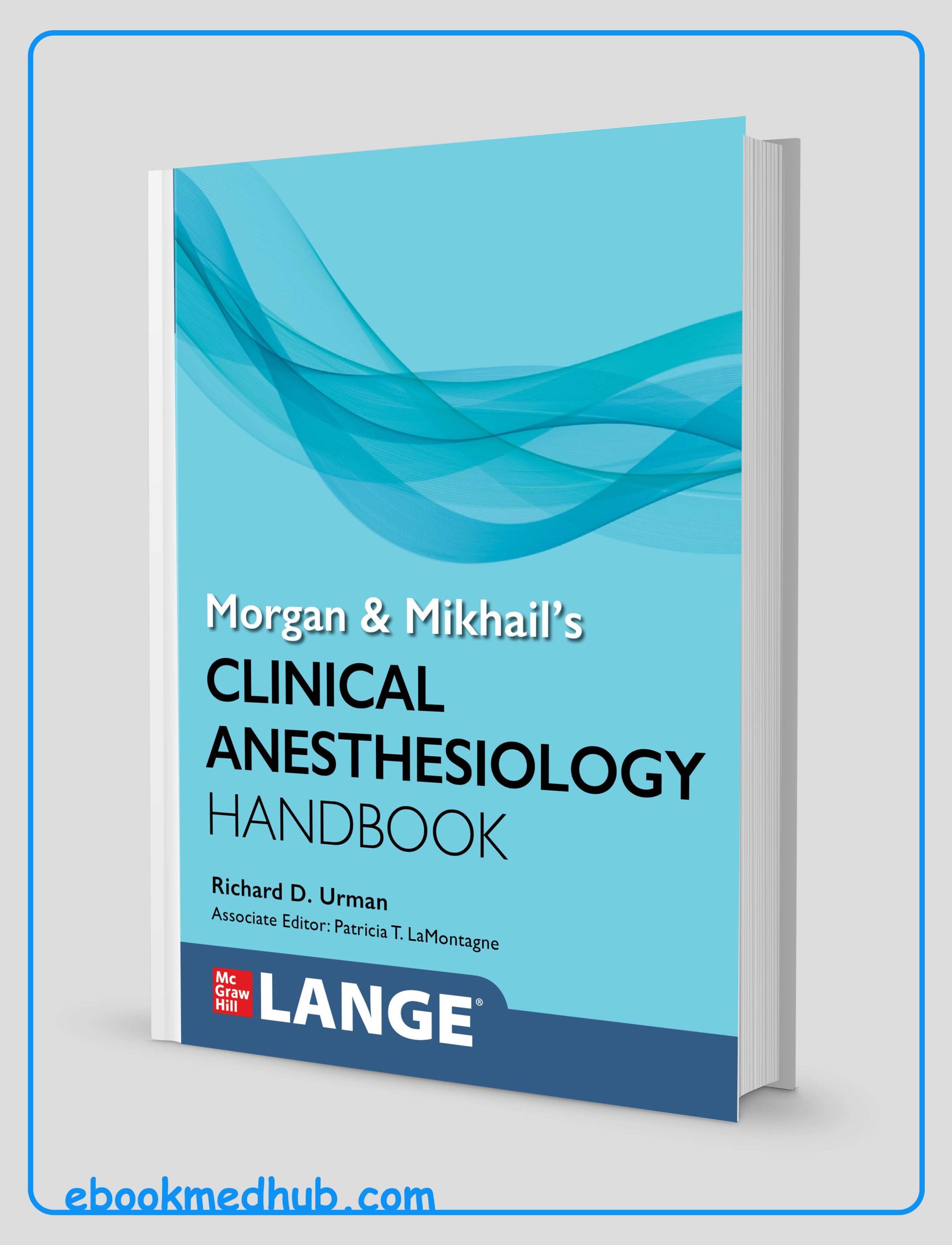
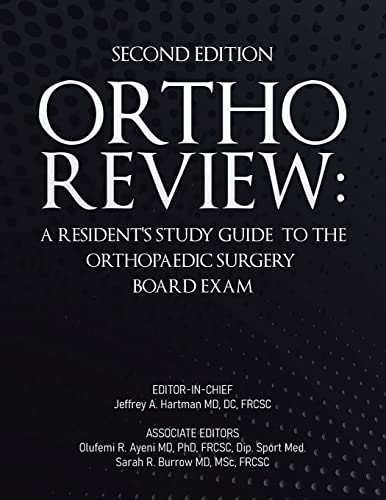
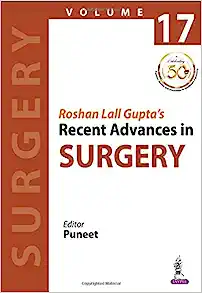
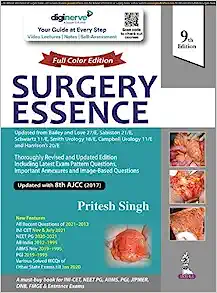
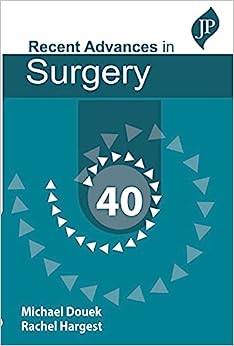
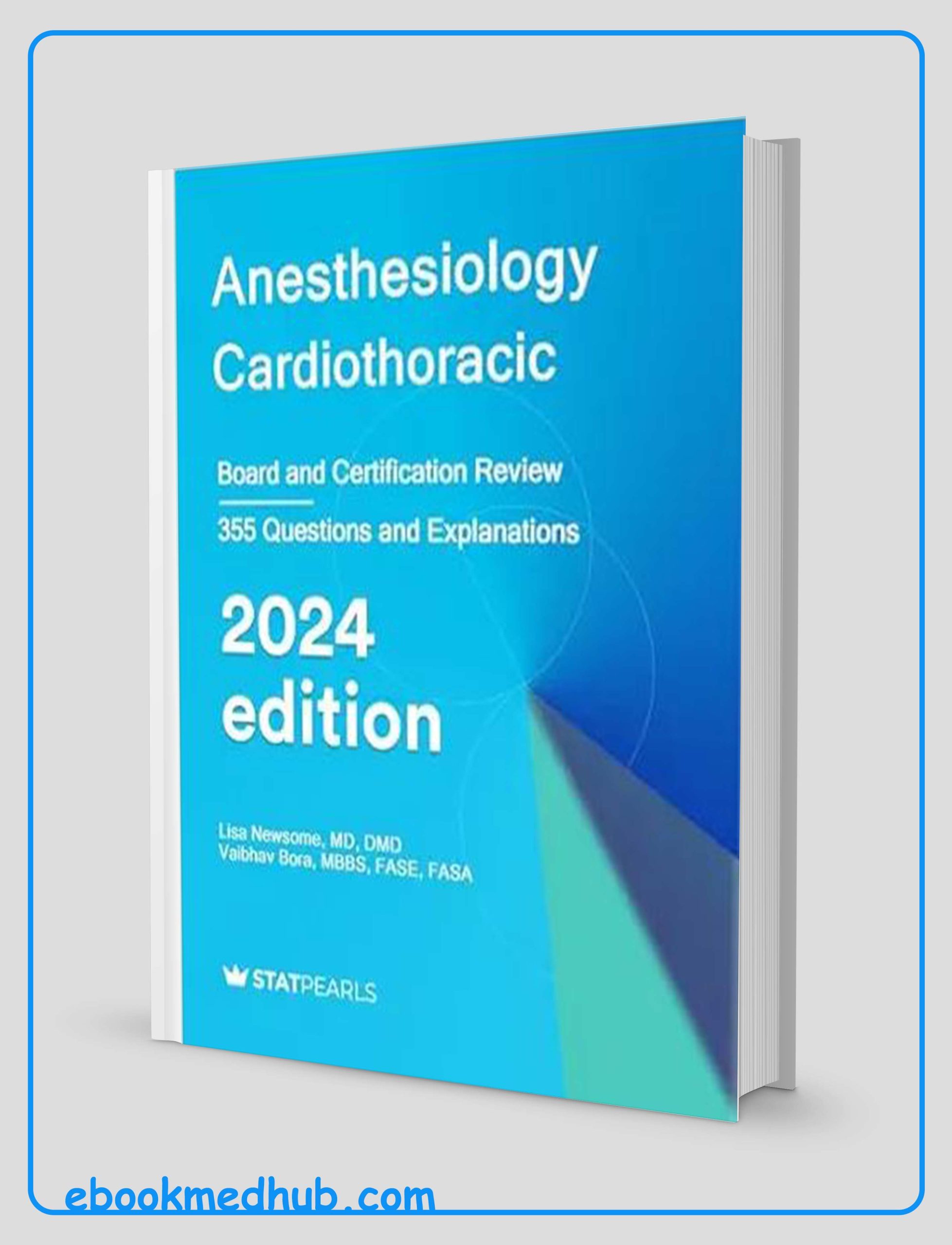
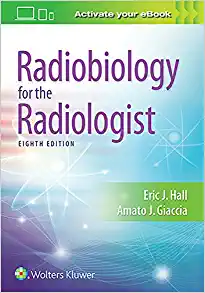
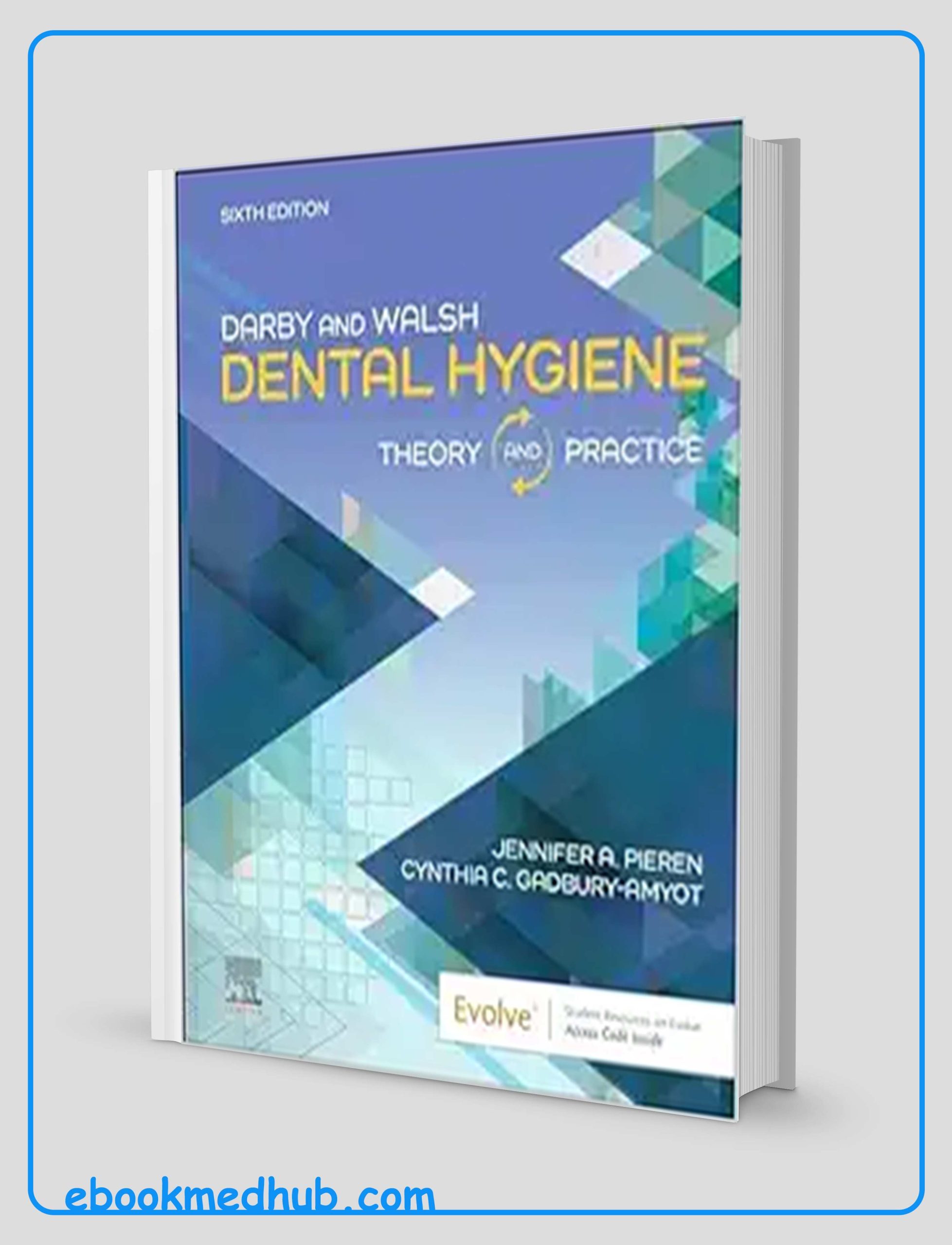

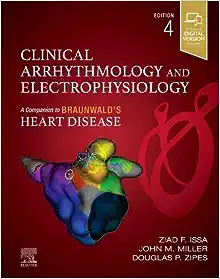

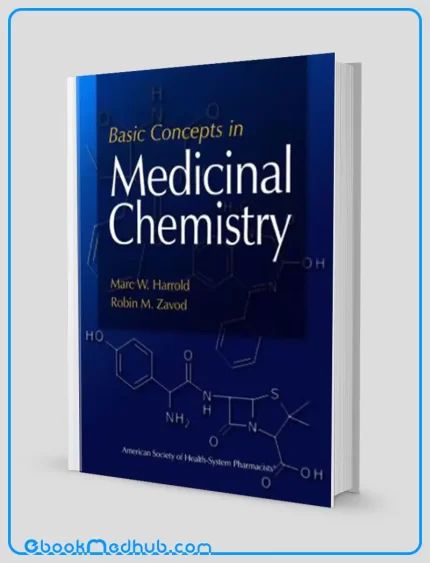
Reviews
There are no reviews yet.